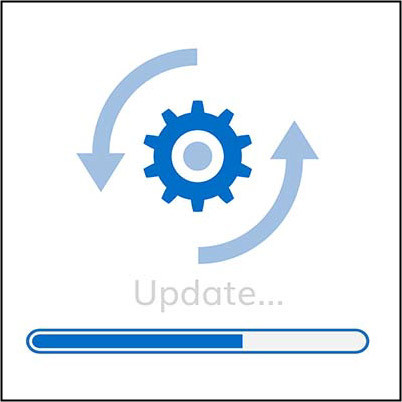We’ve all been given an impression of what artificial intelligence is or will ultimately become through pop culture. HAL 9000, Skynet, Ultron, and M3GAN each show their own form of calculated malice.
However, in reality, the true potential of AI is more in line with the likes of Rosie the Robot, JARVIS, R2-D2, or Data, helpful companions who assist their cohort in generating ideas or completing tasks, often leaning on the soft skills that have been so valued in human relationships, things like curiosity, empathy, and resilience. Let’s consider how we can embrace these soft skills and better utilize the tool at hand.















